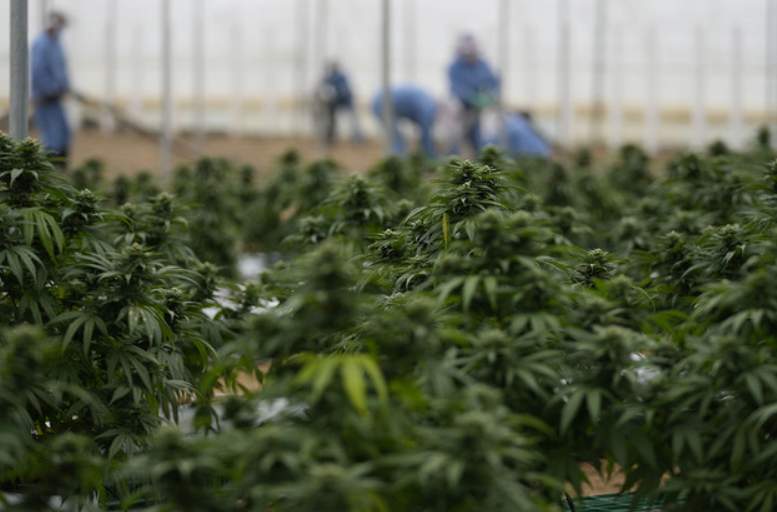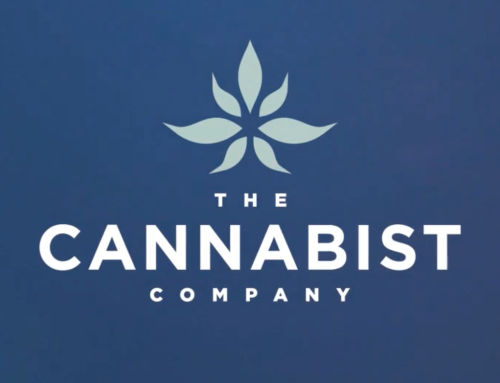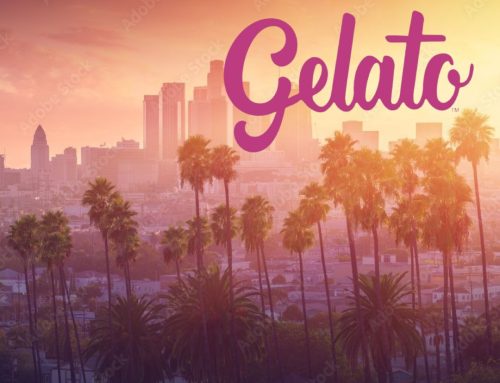Minnesota House Advances Social Equity in Cannabis Licensing
LOS ANGELES- The Minnesota House of Representatives has passed significant amendments to the state’s adult-use cannabis program, focusing on enhancing social equity in cannabis licensing. The changes were detailed in a recent MinnPost report and included in House Bill 4757, which was passed mostly along party lines.
The bill introduces a preferential licensing lottery for social equity applicants. This group includes residents from high-poverty areas, those from regions with historically higher cannabis enforcement, and individuals with cannabis-related convictions. The proposal also reduces the required up-front financing for these applicants from 100% to 65%.
Representative Zack Stephenson (D), the bill’s sponsor, highlighted the ongoing discussions, particularly about the lottery system adjustments, expressing optimism for further improvements through the conference committee’s efforts.
If enacted, the social equity-focused changes will allow earlier licensing for qualifying applicants, enabling them to commence operations before others. Additionally, after three years, social equity license holders will have the option to sell their licenses to non-social equity entities.
Other adjustments in the bill include modifications to the license applicant grading system and the integration of medical cannabis and hemp-based edible and beverage regulators with the Office of Cannabis Management sooner than anticipated. The legislation also modifies the medical cannabis caregiver system, enabling physicians to recommend cannabis for any patient they believe would benefit, moving away from the state’s previous condition-specific requirements.
Local Minnesota municipalities will also gain the ability to open government-run adult-use dispensaries without participating in the state licensing lotteries, though these will still compete with privately operated dispensaries.
These legislative changes come after Minnesota legalized adult-use cannabis in 2023, with state regulators estimating a need for at least 381 licensed dispensaries to meet market demand effectively.




































